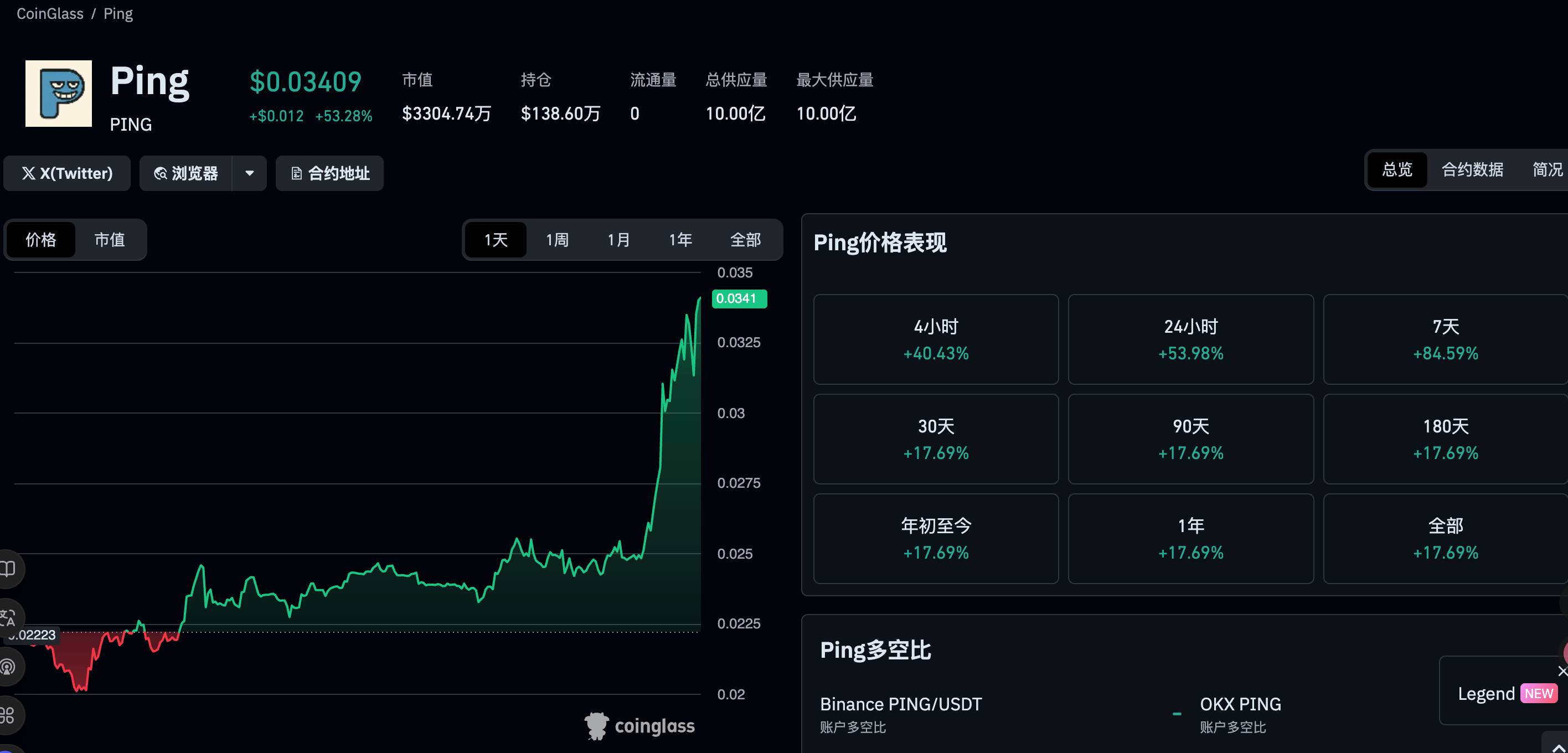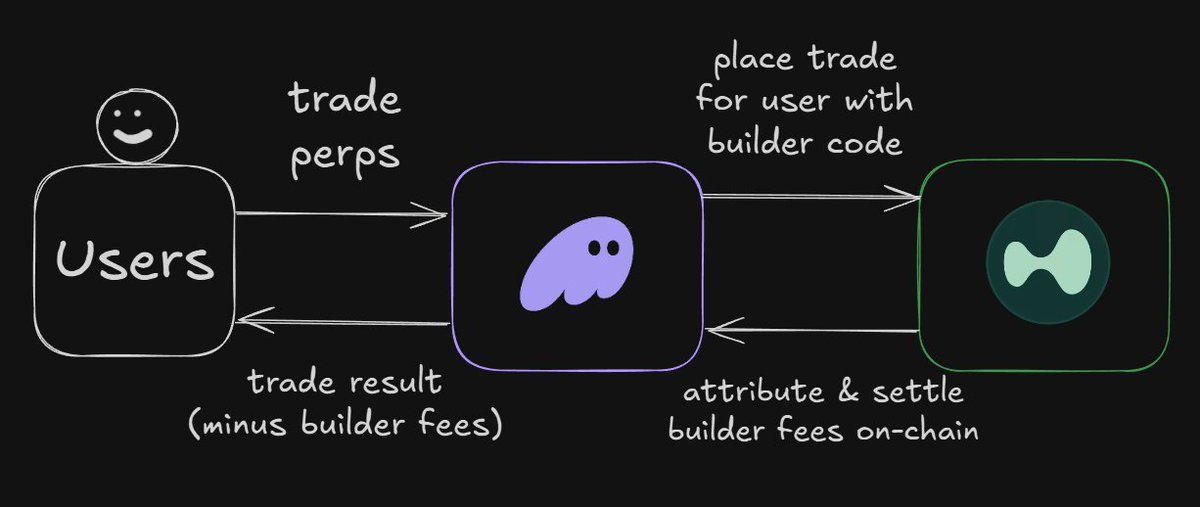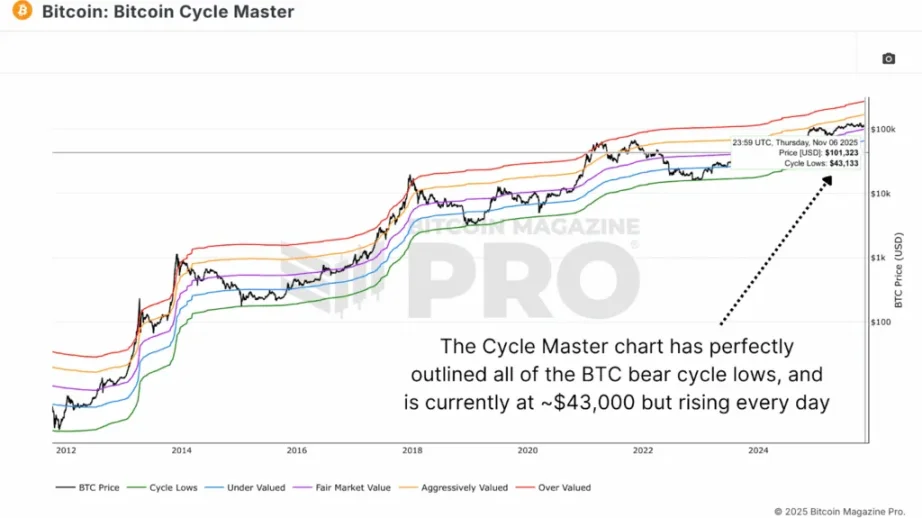Solana's ETF Potential and Institutional Adoption: Analyzing the Strategic Implications of Canary's Crucial Filing for Spot SOL ETF
- Canary Capital submitted a revised Solana ETF application, partnering with Marinade Finance for staking and yield generation to address regulatory scrutiny. - The hybrid ETF model combines traditional asset management with blockchain innovation, enhancing liquidity and transparency for institutional investors. - SEC approval could unlock $4–8 billion in inflows, signaling crypto's shift from speculative trading to structured institutional investment. - Canary's custody strategy and daily NAV disclosures
The recent filing of Canary Capital’s updated spot Solana ETF (S-1) application marks a pivotal moment in the institutional adoption of digital assets. By designating Marinade Finance as its exclusive staking provider and integrating yield-generating mechanisms, Canary has positioned its ETF as a hybrid of traditional asset management and blockchain innovation. This strategic move not only addresses regulatory scrutiny but also signals a maturing market where crypto assets are increasingly viewed as institutional-grade investments [1].
Strategic Differentiation: Staking and Yield Integration
Canary’s revised filing emphasizes a two-year staking commitment with Marinade Select, leveraging auto-compounded rewards to enhance the fund’s net asset value (NAV). This approach introduces a yield component to the ETF, distinguishing it from purely passive crypto offerings. By allocating most of its Solana holdings to Marinade’s platform, the firm aligns with the SEC’s evolving guidance on staking activities, which now permits structured yield generation under specific custody and transparency conditions [2]. The inclusion of instant unbonding features further strengthens liquidity management, enabling rapid responses to investor redemptions—a critical factor for institutional-grade products [3].
Regulatory Engagement and Transparency
The SEC’s response to Canary’s filing will be a litmus test for the broader Solana ETF market. Canary’s commitment to publishing daily NAV, full holdings, and pricing data on its ETF website reflects a proactive approach to regulatory expectations. This transparency is essential for building trust among institutional investors, who require granular visibility into asset allocation and risk management [4]. The firm’s custody strategy—splitting assets between hot and cold wallets with private keys held exclusively by the custodian—also addresses historical concerns about crypto asset security [5].
Market Impact and Institutional Capital Inflows
Financial experts project that a Solana ETF approval could unlock $4–8 billion in inflows, with broader implications for altcoins. The approval would signal the U.S. crypto market’s transition from speculative trading to structured investment, potentially attracting $10–15 billion in institutional capital for altcoins [6]. Canary’s filing is part of a larger trend: eight Solana ETF applications are pending, with the SEC’s October 16, 2025, deadline for responses adding urgency to the process [7].
Broader Implications for the Crypto Ecosystem
Canary’s strategic filing underscores the growing acceptance of crypto ETFs as mainstream financial instruments. The firm’s emphasis on U.S.-created assets like Solana aligns with regulatory preferences for domestic innovation, while its collaboration with Marinade highlights the role of DeFi infrastructure in institutional adoption. If approved, the ETF could catalyze a wave of new filings, accelerating the integration of digital assets into traditional portfolios [8].
Conclusion
Canary’s spot Solana ETF represents more than a product—it is a blueprint for institutional-grade crypto investing. By addressing regulatory, liquidity, and yield challenges, the firm has set a precedent for future filings. As the SEC’s decision looms, the market’s reaction will likely shape the trajectory of Solana and the broader altcoin sector. For investors, the key takeaway is clear: the institutionalization of crypto is no longer a distant possibility but an unfolding reality.
Source:
[4] How the Approval of Canary's American-Made Crypto ETF Could Reshape Markets
https://www.bitget.com/news/detail/12560604933160
Disclaimer: The content of this article solely reflects the author's opinion and does not represent the platform in any capacity. This article is not intended to serve as a reference for making investment decisions.
You may also like
$PING rebounds 50%, a quick look at the $PING-based launchpad project c402.market
c402.market's mechanism design is more inclined to incentivize token creators, rather than just benefiting minters and traders.

Crypto Capitalism, Crypto in the AI Era
A one-person media company, ushering in the era of everyone as a Founder.

Interpretation of the ERC-8021 Proposal: Will Ethereum Replicate Hyperliquid’s Developer Wealth Creation Myth?
The platform serves as a foundation, enabling thousands of applications to be built and profit.

Data shows that the bear market bottom will form in the $55,000–$70,000 range.
If the price falls back to the $55,000-$70,000 range, it would be a normal cyclical movement rather than a signal of systemic collapse.
